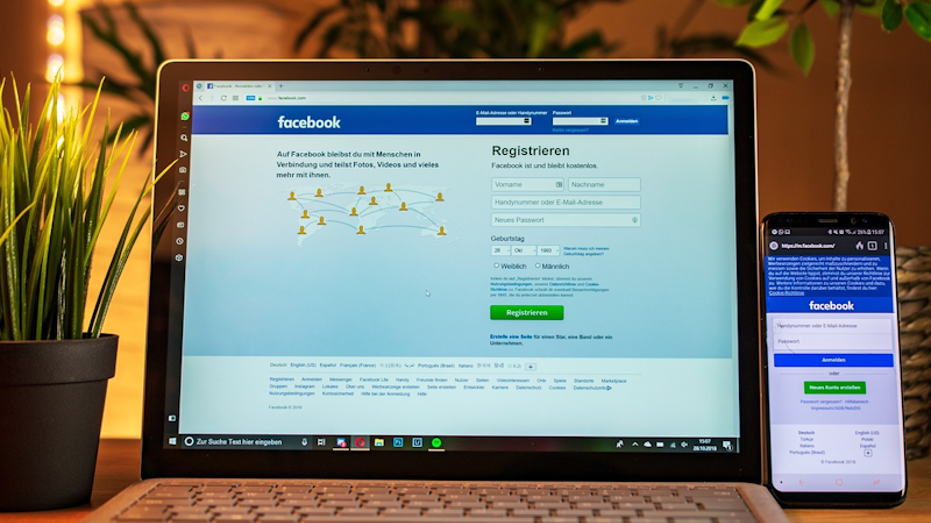Facebook Hack Nightmare: How a Clever Scam Locked Out a Virginia Woman

Sarah Johnson
June 29, 2025
Brief
Marilyn’s Facebook hack reveals the dangers of sophisticated scams. Learn how to protect your accounts with 2FA and vigilance.
Imagine logging into Facebook only to find yourself locked out, your digital life hijacked by a cunning cybercriminal. This is exactly what happened to Marilyn from Hampton, Virginia, whose story serves as a stark warning about the sophistication of modern scams.
Marilyn received a message on Facebook Messenger from someone posing as a friend, asking for help to recover their account. The imposter’s profile was a convincing clone, complete with a familiar profile picture and a plausible story about being out of town. Trusting the facade, Marilyn engaged, even requesting a video call to verify the identity. The scammer cleverly faked a bad connection, showing a looping video of the friend smiling. Convinced, Marilyn shared a recovery code, which the hacker used to change her email and password, locking her out of her account in seconds.
The fallout was brutal. The hacker infiltrated three Facebook groups Marilyn administered, deleting a year’s worth of posts and photos in one and lingering as an admin in another. Desperate to regain control, Marilyn turned to Google for Facebook support, only to fall into a second trap. A fake support number led to scammers installing remote access software on her phone, claiming $17,000 in bitcoin purchases. Sensing danger, she hung up, but the damage was done.
Marilyn’s ordeal underscores a growing threat: social media scams are evolving. From cloned profiles to fake support lines, cybercriminals exploit trust and urgency. To recover, Marilyn changed her email and passwords and reported the incident to the Internet Crime Complaint Center (IC3). She also advises enabling two-factor authentication (2FA) and verifying contacts through multiple channels before sharing sensitive information.
Protecting yourself starts with vigilance. Never share recovery codes, use strong passwords, and consider antivirus software or identity theft protection services. Marilyn’s story is a wake-up call: in today’s digital world, skepticism is your best defense.
Topics
Editor's Comments
Marilyn’s story is like a cybercrime soap opera—complete with a fake friend, a cloned profile, and a shady ‘support’ crew trying to cash in on bitcoins. It’s almost impressive how these scammers turned her Facebook into their playground, but it’s a grim reminder: trust no one online unless they can name your childhood pet in person. Why do hackers always seem to have better scripts than Hollywood?
Like this article? Share it with your friends!
If you find this article interesting, feel free to share it with your friends!
Thank you for your support! Sharing is the greatest encouragement for us.



